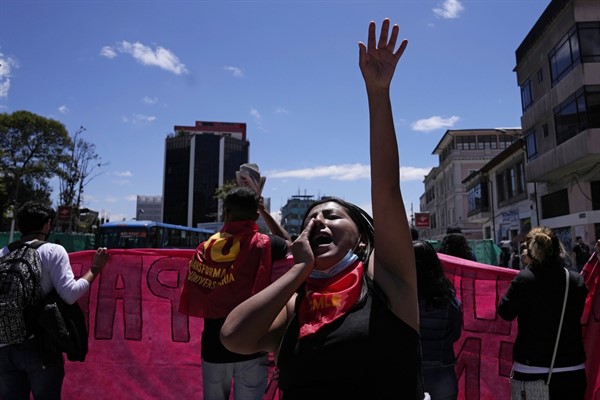On Oct. 27, Rishi Sunak, the U.K.’s chancellor of the exchequer, announced the government’s education budget, including additional spending earmarked to help students overcome the disruptions introduced by the coronavirus pandemic. Though billed as a boost to education expenditures, as Sunak himself admitted, the government’s current plans would only return per pupil spending—which was cut drastically as part of broader budgetary austerity imposed in the aftermath of the global financial crisis—to 2010 levels by 2024. As the Institute for Fiscal Studies director Paul Johnson told the Financial Times, Sunak’s spending plan reflects the “remarkable lack of priority” given to education under the U.K.’s Conservative government.
At almost the same time, Nigerian President Muhammadu Buhari was reneging on promises he made at the Global Education Summit, held mostly virtually in late July. Although the Nigerian government plans to increase its education expenditure in 2022, the allocation as a proportion of GDP will fall considerably short of the UNESCO-recommended levels of 15 to 20 percent of GDP, to which Buhari had committed.
At the close of that same summit, Patricia Scotland, secretary-general of the Commonwealth, warned Buhari and other world leaders not to “sleepwalk into a global education crisis.” That those leaders are ignoring her advice just a few months afterward is disappointing, but not surprising.

